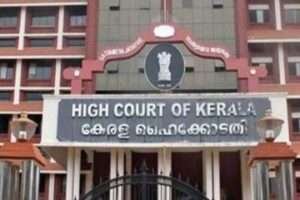Supplementary Chargesheet Must Disclose Novel Evidence, No Cognizance Where No New Material Discovered By Further Investigation
Case: Surender @ Tannu @ Tanva V. State Of Nct Of Delhi
Coram: Justice Chandra Dhari Singh
Case No.: CRL.REV.P. 197/2018
Court Observation: “Although further investigation has been distinguished from fresh investigation and reinvestigation, however, the provision for further investigation could not have been introduced solely to provide for reappreciation or reconsideration of the old or primary evidence and other material which was already on record before the Magistrate. There has to be an extent of novelty in the report or Supplementary Chargesheet filed by the Investigating Agency, which leads to discovery of material or evidence in a manner which was not before the Court in the primary report or Chargesheet,”
“Therefore, for conducting a further investigation there needs to be a reason or scope for furtherance of investigation and finding of material which was otherwise not found, or if found not properly considered or investigated into. If upon such investigation fresh material is actually found and certain aspects of elements collected earlier were not investigated into, the concerned Police Officer/Investigating Officer may make a report to the Magistrate and bring on the record the facts newly discovered,”
“Where no such new material or evidence, whatsoever, has been discovered by the further investigation, any cognizance taken by the Magistrate may be said to be in contravention to the provision under Section 173 of the Cr.P.C.”
“An investigation into the offence and elaborate appreciation of evidence is not required, and is rather discouraged, at the stage of framing of charges and only the material prima facie establishing a case against or in favour of the accused is what is significant. Moreover, as per the requirement of Section 227 and 228, the learned Judge shall consider whether “sufficient grounds”
Previous Posts
Lakshadweep Draft Regulations: Centre May Decide Whether To Accept Objections Submitted After Time-Limit, Says Kerala High Court Download Judgement



